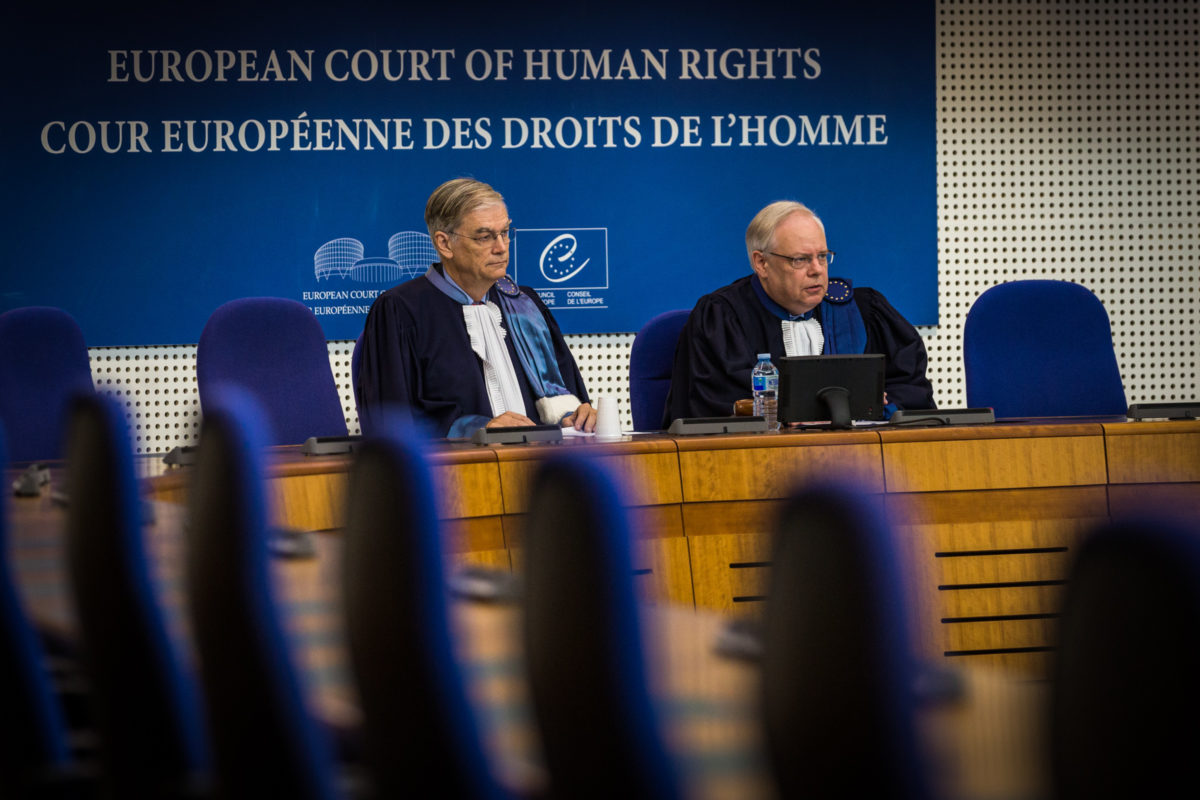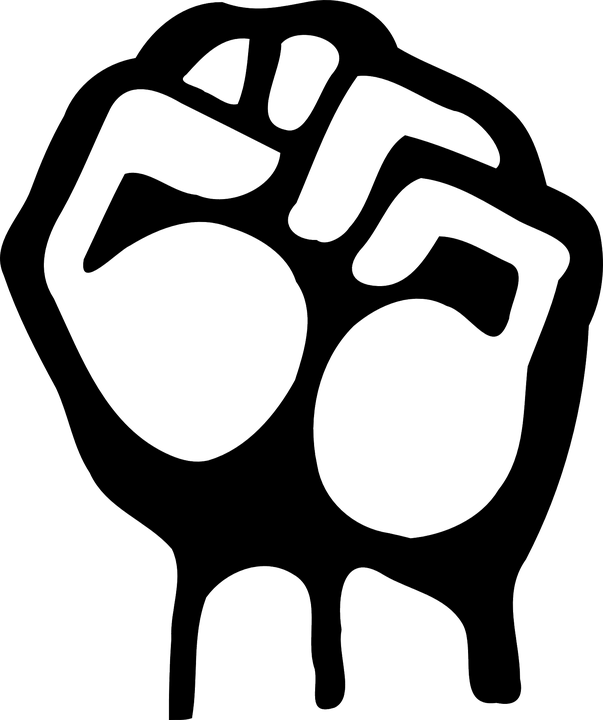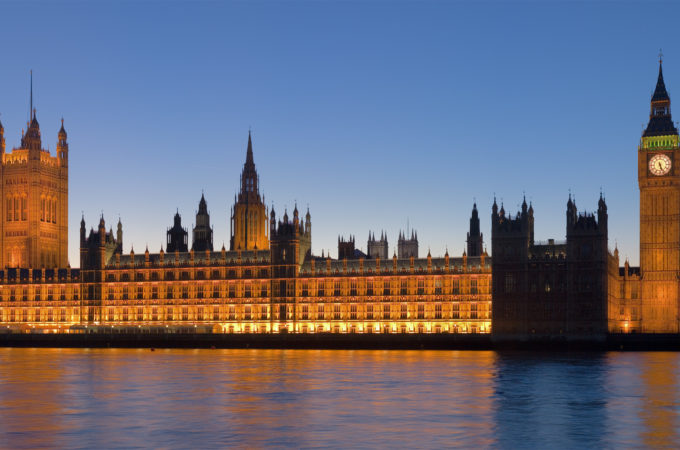A state has decided that parents cannot seek to save their child’s life. The state in this case is the National Health Service of Great Britain backed by European Court of Human Rights.
 The parents are Chris Gard and Connie Yates. The child is 10-month-old Charlie Gard. He has a very rare disease that keeps energy from flowing to the vital body organs, resulting in atrophy to those organs and ultimately death.
The parents are Chris Gard and Connie Yates. The child is 10-month-old Charlie Gard. He has a very rare disease that keeps energy from flowing to the vital body organs, resulting in atrophy to those organs and ultimately death.
Great Britain operates a socialized medical system. Healthcare is a managed economic problem rather than a human problem. In this context, the court has deemed that the state should not be liable for the costs of Charlie’s care. So Chris and Connie created a GoFundMe account to make it possible to take Charlie to the US to receive experimental, potentially life-saving treatment. The effort has raised almost $1.7 million from thousands of donors around the world.
There are number of ironies here. The first is that the state refuses to let Chris and Connie use private funds to care for their own child. Second, the state has decided that Charlie must die with dignity. And yet it will not allow Charlie’s parents to take him home to die in that loving environment. Instead, the state has decreed that Charlie will die in a sterile hospital setting. Third, the court of appeal was the court of human rights. And yet this callous action has established that it has no interest in human rights, neither Charlie’s right to life or his parents right to fight for his life.
Wherever the state is all-powerful and sovereign this inhumane situation is the outcome. Individuals and families become increasingly small with fewer and fewer rights.
But this issue is not simply socialized medicine as some would argue. The analysis must go much deeper. Decisions like this don’t take place in a vacuum. A structure underlies this situation, something I call the four Ps. Program is derived from policy, policy from principles, and principles from paradigm or worldview.
PARADIGM (worldview) -> PRINCIPLE -> POLICY -> PROGRAM
In this case the program is pulling Charlie off life support as opposed to allowing him medical care. This program is driven by a policy, i.e. the state has final authority over parents. The state’s rights supersede parents’ rights. The principle is that the state is ultimately sovereign. And the paradigm that drives the principle is atheism. There is no God, thus the state is sovereign, thus the state’s rights trump the family’s rights, thus the program: pull the life support from the baby.
The principle, again, is who is sovereign. And there are three major options for the realm of sovereignty. If God exists He is sovereign. But if God does not exist either the individual is sovereign or the state is sovereign.
The family of Charlie Gard, not the state, has the right to decide
 Each of these options leads to a distinct form of government. If God is sovereign, we find freedom. Freedom is the result of living within the framework of God’s sovereignty. In such a world real people make moral decisions they are responsible for and thus make history.
Each of these options leads to a distinct form of government. If God is sovereign, we find freedom. Freedom is the result of living within the framework of God’s sovereignty. In such a world real people make moral decisions they are responsible for and thus make history.
A world in which the individual is sovereign cannot lead to freedom but will end, rather, in anarchy. As we read in Judges 17:6, “In those days there was no king in Israel. Everyone did what was right in his own eyes.”
If the state is sovereign this leads to tyranny.
When the individual is sovereign there’s no internal or external government. This is tantamount to license, the freedom to do wrong with impunity. The individual is slave to his or her own appetites.
If the state is sovereign you have tyranny. In the case of Charlie Gard the family clearly has the responsibility and the right to make wise decisions for his care. But the external government maintains absolute control. There’s no freedom. The individual, or in this case the family, is slave to the state. In tyranny the state is sovereign over family, church, and the political process.
But when God is sovereign we have the opportunity for internal self-government, i.e. voluntary obedience to God’s laws. This leads to freedom instead of anarchy and order rather than tyranny. In this concept God is sovereign over all of life and individuals are self-governing over their own life, over family, over church and over the state. The people are the ones who are responsible for the government, the government to the people.
 What we find in the case of Charlie Gard is a sovereign state. It is all powerful, it has all authority and Charlie has been reduced to a pawn. His parents are pawns as well. In fact, the state owns Charlie Gard. He is the property of the state and they can dispose of him or can choose to support his life. Human beings–immortal creatures made in the image of God for His own purposes to reflect His glory–have been reduced to commodities owned by the state.
What we find in the case of Charlie Gard is a sovereign state. It is all powerful, it has all authority and Charlie has been reduced to a pawn. His parents are pawns as well. In fact, the state owns Charlie Gard. He is the property of the state and they can dispose of him or can choose to support his life. Human beings–immortal creatures made in the image of God for His own purposes to reflect His glory–have been reduced to commodities owned by the state.
If we want to see a restoration of human responsibility, of human freedom, of the right to life and liberty and the pursuit of happiness, we need to repent of such godlessness. We need to say again, “Lord, you are God of the universe and Lord of my life. As I live under your authority I am free.”
In this situation Charlie’s parents should have the authority and the responsibility to make decisions related to the life of their child. He deserves the slim chance of the life-saving health care afforded by doctors in the USA. May it be so.
Thanks to all who have rallied to the side of the Gard family. May we yet have a cultural reformation that restores our God-given right to life, liberty and the pursuit of happiness.
- Darrow Miller







3 Comments
OLUSEGUN OWOPETU
July 7, 2017 - 9:25 amThanks for sharing this information. How did a nation where once their valiant men and women stood against tyranny. One of them -Mary Slessor crossed the oceans to save twins being killed in Calabar. Is this not the nation that gave to humanity -John Wesley, William Wilberforce…and a great king, Alfred the great. God will visit this nation again and man’s will will not prevail. To the parents of the baby, I will uphold them in my prayers…It’s time for a nation whose sons and daughters risked their lives and torched a vast portion of our land with the gospel of Jesus Christ. To us we believe, that with God, the baby can survive. The power of life and death is not in the hands of man.
cam
July 7, 2017 - 10:54 amThis is an extremely clear presentation of an extremely important principle. Thank you.
Miriam Laguna
July 11, 2017 - 6:54 amGracias por este artículo, en nombre de los derechos de la niñez se asume que el Estado debe velar por ellos y en parte, así es; pero esto no implica que los padres ya no tienen derecho sobre sus hijos, un derecho que no se basa en políticas o leyes, sino prioritariamente en el amor de ser padres.